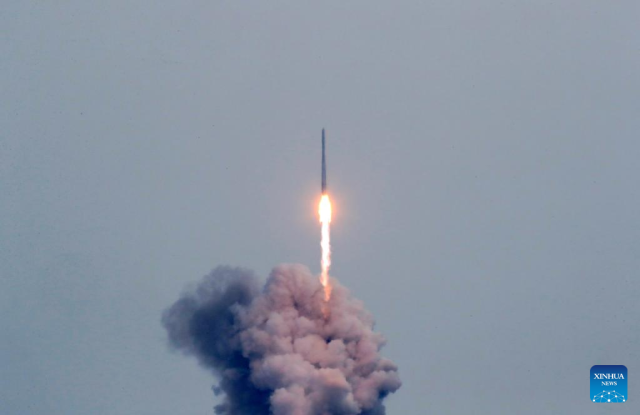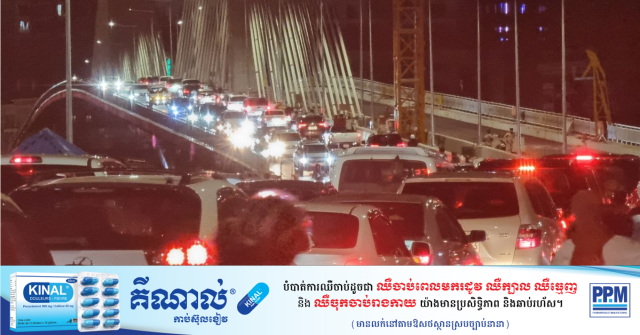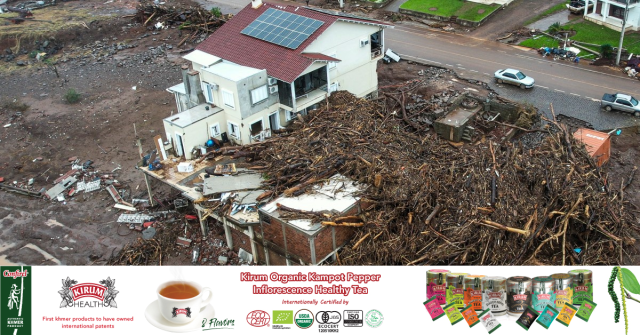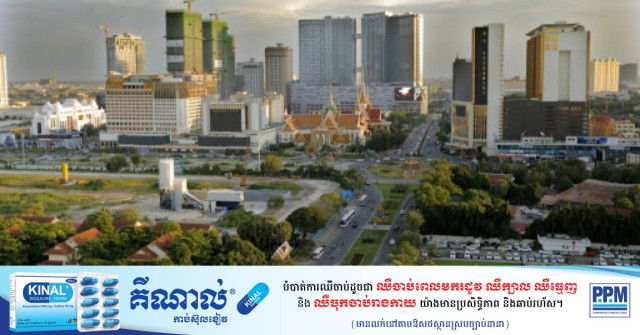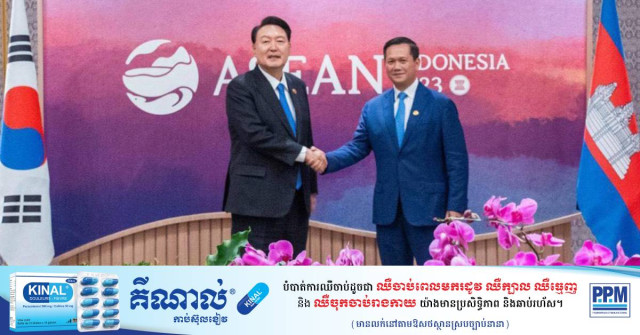Is a Taiwan Invasion in 2024 Imminent? Unraveling Geopolitical Risks and Consequences
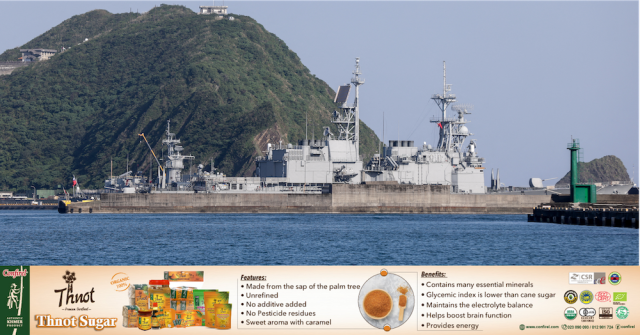
- By Chea Ty
- January 7, 2024 12:44 AM
“China will surely be reunified, and all Chinese on both sides of the Taiwan Strait should be bound by a common sense of purpose and share in the glory of the rejuvenation of the Chinese nation,” said Chinese President Xi Jinping during the New Year address on December 31st, 2023. China frequently sends warships and jet fighters near Taiwan as an intimidation tactic ahead of the Taiwan presidential election in 2024.
After being driven out of China's mainland during the civil war, Taiwan, the national redoubt of the Republic of China, has survived thanks to the strait that separates it from mainland China and unofficial support from the US.
Why Does Taiwan Become a Concern in 2024?
It's not the first time the Chinese leader has mentioned reunification. The US Navy even warned of a possible invasion before 2024 but it did not happen.
However, there are domestic and international factors that could potentially influence the decision-making of the Chinese leader. Internally, China's economic growth before Xi's presidency lay in the exploitation of the environment. This has created health-related issues for people, especially in industrial regions. During his presidency, Xi oversaw the energy transition towards cleaner energy. China has become the largest producer-consumer of solar panels and one of the largest producers of solar panels itself. China is the largest market for electronic vehicles. This transition, of course, combined with COVID-19 and other factors, led to a decrease in annual economic growth. The crackdown in the financial sector also contributes to the problem. Debt regulation on property development sectors led to restate developers that relied on debt to increase growth bankrupt as they could no longer borrow and pay their debt. Subsequently, it decreases foreign direct investment and increases unemployment. Massive unemployment among youth in 2023 also contributed to the problem, which was also briefly mentioned during the New Year's address. What is more, the death of the former Chinese premier Li Keqiang due to a heart attack and the disappearance of the former foreign minister Qin Guang and defence minister Li Shangfu led to much speculation about China’s domestic politics.
China has one of the most powerful military forces in the world. The discovery of the fifth-generation jet fighter is essential for controlling the airspace during the invasion, and China also increasingly expanding its naval capacity. China has the largest navy in the world and it just commenced a new aircraft carrier and it plans to build more.
International events such as the Ukraine War and the Israel-Hamas War can also influence the decision to invade Taiwan. Two wars are being supported by the US, and thus it can cause the depletion of the supply of US weapons, creating an opportunity for invasion.
With domestic problems and the military's strength, a leader can use war to mobilise resources and maintain power. However, invading an island is far from easy. The invasion of Normandy, France, during World War II, caused many losses for the Allies forces, despite the major German force's focus on the Eastern Front. Japan colonised Korea before the invasion of Manchuria. The US chose to bomb Tokyo in 1945 and later dropped atomic bombs on Hiroshima and Nagasaki instead of invading Japan via ground troops. Similarly, the Republic of China Armed Forces, although outnumbered in terms of troops and military budget, are well equipped.
Based on the International Institute for Strategic Studies (IISS) Military Balance 2022 report, Taiwan has 169,000 active military personnel and around 1.6 million personnel in reserve. Taiwan's geography is characterized by flat land on the western side and mountains on the eastern side. In the unfortunate event of China's successful military invasion in the western part, the Taiwanese forces can still retreat to the mountainous area and resort to guerrilla warfare tactics. However, the crucial decision that lies ahead is whether the people of Taiwan want to continue fighting until the last drop of blood or opt for the one-China-two-system policy to maintain peace.
Economically, Taiwanese foreign direct to China was $2.9 billion in fiscal year 2023. In addition, over 42% of Taiwan's exports go to China, while China accounts for around 22% of its imports. The exchange of goods and services between the two is $166 billion. Considering the economic tie between the two, the War would hurt China's economy.
There is also a risk that the invasion would drag the US into war. Through its network of military bases, the US can establish sea blockages that prevent China from importing raw materials and exporting goods via sea. China and the EU's total trade was around 850 billion euros in 2022. Even the sanction from the EU might impact the livelihoods of people in both countries and around the world, as China is the centre of the world supply chain.
In conclusion, facing a domestic issue, Xi might make a dangerous decision to invade Taiwan to maintain his position and gain prestigious control over one of the largest advanced semiconductor companies, Taiwan Semiconductor Manufacturing Company Limited (TSMC), which secures the junction of the East and South China Seas. However, it’s far from easy, as China’s economy is more integrated into the world than that of Russia's, and invading an island can be costly. The occupation of Taiwan is possible if China could secure swift victory, a longer-term war might be a catastrophe.
Chea Ty holds a joint MA from Leipzig and Ghent University (Hons) under the Erasmus Joint Master Scholarship programme. He is also a former exchange student at KU Leuven.








